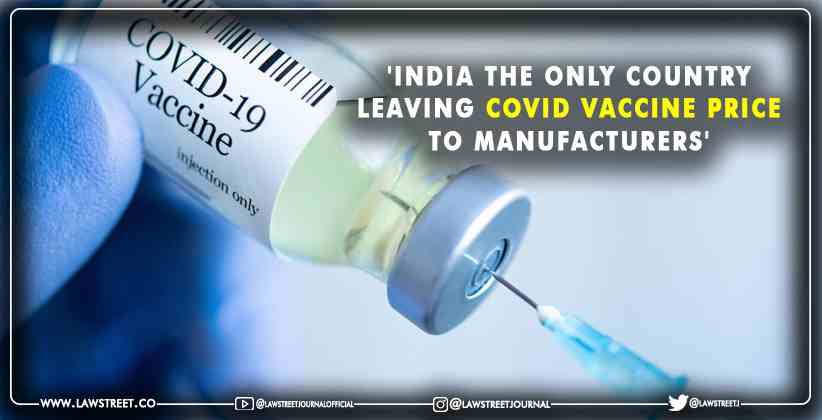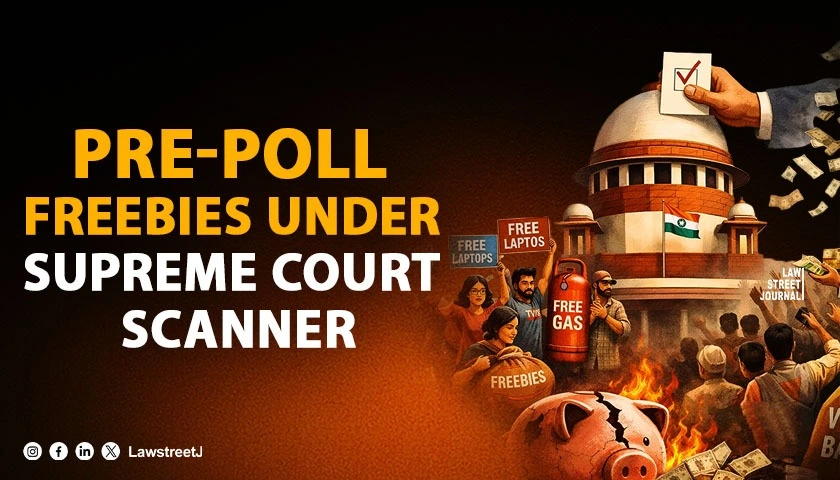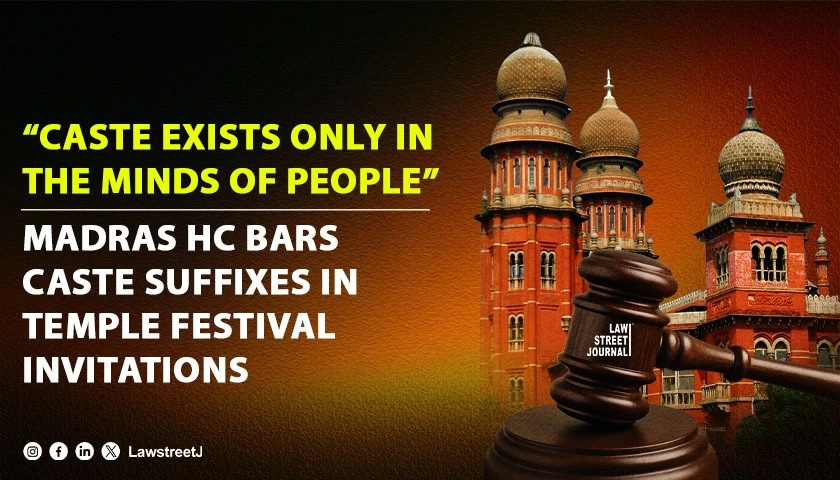The Central Government's new Vaccination policy has been challenged in the Kerala High Court through a writ Petition. The petition has been filed on the ground of differentiated pricing allowed by it for the centre and the statesas being arbitrary and discriminatory.
Advocate CP Pramod has filed the petition. He has contested as a Left Democratic Front Candidate in the Palakkad Constituency. He claims that, it amounts to an illegal discrimination to exclude the people between the ages of 18- 45 from the centres free vaccine quota.
The petition is filed through Advocates Athul Shaji and Anwin John Antony. Among other grounds, the Advocates has criticized the differentiated pricing for vaccines. They had claimed that leaving the states to compete for the vaccines in the open market is a deviation from the principle that the vaccines have to be procured at the central level for distribution to the states.
Excluding citizens under the age of 45 (who comprise 79% of the population) from eligibility for free vaccines is an unreasonable classification that amounts to hostile discrimination under Article 14 of the Indian Constitution and"is wholly prejudicial to the development of Herd Immunity through Universal Immunisation", the petitioner adds.
According to the reports, India is the only country where the pricing of COVID vaccines is left up to the manufacturers. Because of the central Government's stand, manufacturers have profited from the sale of COVID vaccines, which have been approved through a fast track process and are authorised for emergency use as a life-saving measure, the petition reads.
It further asserts that at the outset that the Centre is statutorily bound by the provisions of the Disaster Management Act for disaster mitigation. Because Universal immunisation is the only available remedy for mitigating the disaster, the Union Government is obligated to purchase COVID vaccines from its manufacturers at a reasonable price for distribution to the states.
Furthermore, Pramod's petition calls into question the act of allowing the states to compete for the vaccine in the open market after the centre took over pandemic management. He calls it arbitrary and illegal. He had claimed that the new vaccine policy is a deviation from the Universal Immunisation Programme.
"There is no prudent or satisfactory reason, in Exhibit P2, for deviating from Exhibit P6 policy, which requires that vaccines for the Universal Immunisation Programme(UIP) be procured at the Central Level for distribution to the States, and such deviance cannot be said to be in the best interests of the Country's citizens", it states.
Significantly, the plea takes a specific stance that the differentiated vaccinations pricing is "not based on any Scientific or other Studies." It is claimed that the scheme is nothing more than a cross subsidy for providing 50% vaccines to the Central Government at a cost of Rs. 150 per dose.
The rate at which 50 percent of vaccines manufactured are made available to states and other is left to the discretion of the manufacturers, making it subject to "market compulsions and profiteering motives of the manufacturers, overriding the health concerns of the vast majority of the citizens of the country," it added.
The petitioner claimed that these differentiated prices would not only violate Article 14 of the Indian Constitution, but would also be arbitrary and illegal, "especially when the public exchequer would be at a loss and tax payers money would be expended, whether the vaccines are purchased by the Union Government or the State Government "
The Serum Institute of India has announced that the COVISHIED vaccines will be sold to states for Rs 400 per dose and to hospitals for Rs 600 per dose. The centre is now purchasing COVISHIELD at a cost of Rs 150 per dose. Bharat Biotech has announced that COVAXIN will be sold to states for Rs 600 per dose and to private hospitals at 1200 per dose.
Another argument is that, the idea that liberalised vaccine pricing would incentivize vaccine manufacturers to rapidly scale up production and attract new vaccine manufacturers is "totally extraneous" in the context of India's pandemic.
In this light, it is argued that rather than liberalising its manufacture and "imposing burden upon the common people", the production of the aforementioned COVID vaccines could have been scaled up by issuing directionsto manufacturers.
The petition was scheduled to be heard on 27th April 2021.
Case: CP Pramod V. Union of India and Ors.






